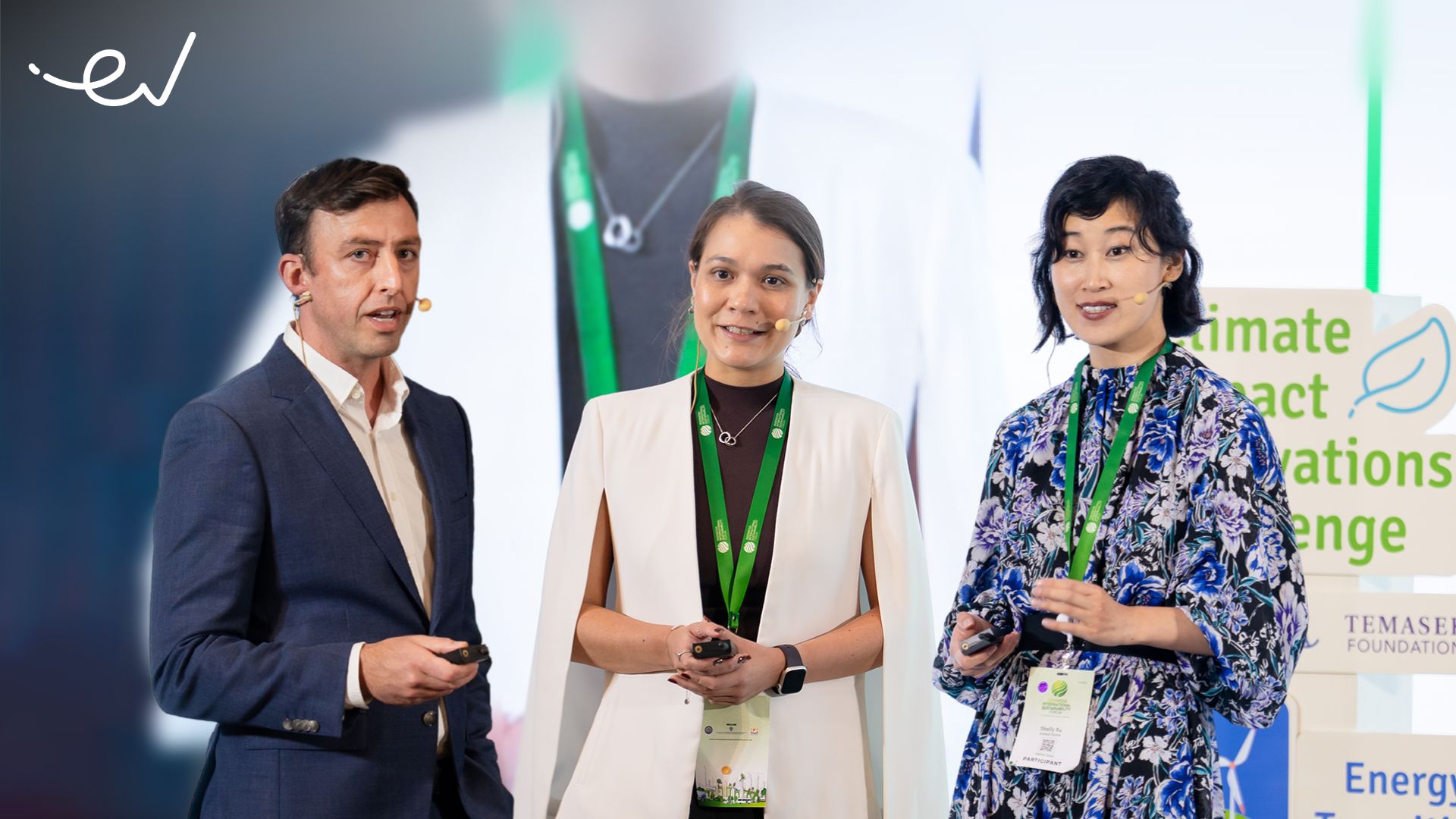As an early believer in the capabilities of Indonesia’s digital ecosystem since 2009, East Ventures has witnessed the evolution of digital growth in Indonesia. At that time, the internet penetration was only 30 million people. As of January 2023, internet penetration has reached 212.9 million, or 77 percent of Indonesia’s total population. It is an astonishing number for the growth of Indonesia’s digital economy.
Indonesia has experienced an extraordinary surge in the digital economy since 2016. As the country with the largest digital economy in Southeast Asia, Indonesia is projected to reach US$ 77 billion in 2022 and will continue to grow to US$ 220-360 billion in 2030.
Indeed, it is not easy to achieve this target, given the geographical conditions of Indonesia, which is an archipelagic country with 38 provinces and 157 cities/regencies. However, on the other hand, Indonesia’s demographic factors, predominantly young and of productive age, are one of Indonesia’s strengths in pushing the digital economy.
East Ventures believes that every stakeholder, be it the government, industry players, or investors, has a role in creating equitable digital justice for all provinces, cities, and districts in Indonesia. The use of technology and digital should be concentrated in more than just big cities or tier one, such as Jabodetabek, Bandung, and Surabaya, because the digital economy is the right of all Indonesian citizens.
For this reason, East Ventures has mapped the progress of the digital economy and competitiveness in each province for four consecutive years, which we have shared through the East Ventures – Digital Competitiveness Index (EV-DCI) report. Through EV-DCI, we want to encourage all stakeholders to be involved in promoting digitalization and developing the digital economy in Indonesia while at the same time enjoying the positive impact of the digital economy.
From 2019 until now, the median EV-DCI score shows that digital competitiveness between provinces is increasingly evenly distributed. This means that the distance or gap in digital capabilities for each province is getting smaller; digital competitiveness in tier 2 and 3 cities is increasingly catching up with tier 1 cities.
This year will be our latest edition of EV-DCI, as we see the digital adoption levels are more evenly distributed, although still imperfect.
In addition, many Indonesian startup companies have realized the importance of strengthening business fundamentals rather than just increasing user growth in the short term. Finding and building a core business and product is significant and is something we always see in startups.
We also experience value creation through the many collaborations between digital startup players across sectors, the government, investors, and other institutions. One of the actual collaborations that have been carried out is between East Ventures portfolio companies, private companies, and state-owned enterprises, and between the government and institutions or companies.
Finally, applying Environmental, Social, Governance (ESG) by startups in Indonesia can increase their competitiveness. Investors and consumers will trust startups implementing ESG because they have reasonable social and environmental responsibilities and transparent and effective governance. This can increase investment and business opportunities in the province and promote responsible and sustainable business practices, thereby positively impacting the environment and local communities.
Even though digital competitiveness has become equal, it does not mean the development of the digital economy is over. The digital economy development still continues and grows as we still have a lot of ‘homework’ and challenges that all stakeholders must complete. We will continue to support equal distribution of digital competitiveness in Indonesia and participate in developing Indonesia’s digital economy through various investments and our initiatives or programs.
The EV-DCI report presents conclusions and recommendations for stakeholders in the form of a framework or building blocks to realize an equitable digital nation for all Indonesian people.
With the sustainable development of the digital economy, we hope that Indonesia will create millions of children and digital talents from various provinces, cities, and regions.
Download the EV-DCI 2023 here.







